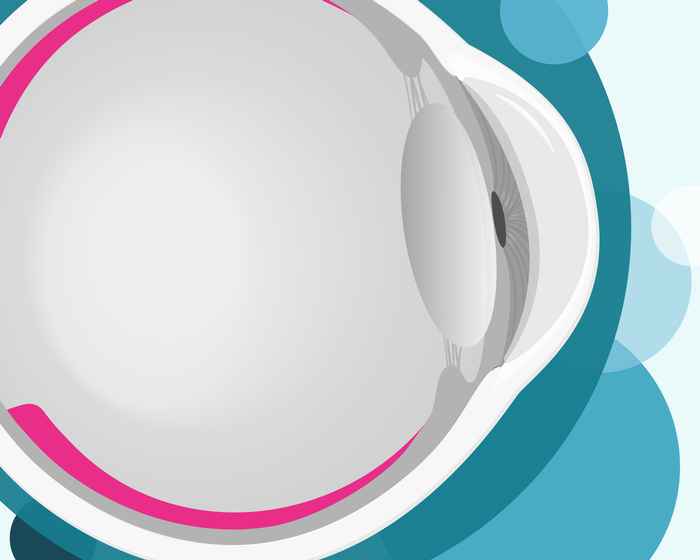Gravitation grant for AI-help in designing blindness therapy
22 million: AI to help design new therapy for blindness
26 March 2024
Along side a gravity grant of 23.23 million for research into a 'brain atlas' for psychiatric symptoms, under UvA's penmanship, UvA scientists participate in two other consortia that have received a Gravity Grant from the Ministry of Education, Culture and Science. These are research projects 'Challenges in Cyber Security' and the use of AI to design therapies for blindness.

The Lifelong VISION programme
Blindness is among the top 15 most disabling conditions. The Lifelong VISION programme, led by RadboudUMC will receive EUR 22 million from the programme. Lifelong Vision is developing a new generation of treatment strategies to prevent blindness: gene therapy, treatments targeting disease mechanisms, and cell therapy. Who qualifies for these treatments is determined by using artificial intelligence so that the right patient gets the right treatment at the right time. The innovative technologies and strategies being developed for eye diseases serve as a model for other diseases and organs. The researchers in this consortium want to repair broken genes, print a new retina with a bio-printer and find out how zebrafish manage to repair their own retinas.

This project represents a fusion of unparalleled expertise, which I’m excited to be part of, laying the groundwork for a future where blindness prevention becomes a reality, delivering precisely targeted therapies at precisely the right moment for every patient.
UvA-scientist Clarisa Sanchez of the Quantitative Healthcare Analysis (qurAI) group of IvI, is involved in the research. Sanchez: ‘I’m looking forward to starting this project, revolutionizing the battle against blindness with a panoramic and innovative approach. The consortium's dual focus is formidable: firstly, to pioneer novel treatment strategies capable of combating the disease across its various stages. Secondly, through the power of artificial intelligence, we will tailor bespoke treatments to each patient, aligning their individual disease trajectory with the most effective intervention available. This project represents a fusion of unparalleled expertise, which I’m excited to be part of, laying the groundwork for a future where blindness prevention becomes a reality, delivering precisely targeted therapies at precisely the right moment for every patient.
Find out more about the project on the Amsterdam UMC-website
About the Gravitation programme
The Gravitation programme is financed by the Ministry of Education, Culture and Science (OCW). The Dutch Research Council (NWO) selects the research groups on behalf of the OCW. The funding allows researchers to conduct 10 years of high-level university research and to collaborate on an interdisciplinary basis. One of the pillars of the programme is cooperation across disciplines and universities. The scientists jointly set up excellent scientific research programmes.
In total the seven consortia will receive Gravitation grants amounting to more than 160 million euros.